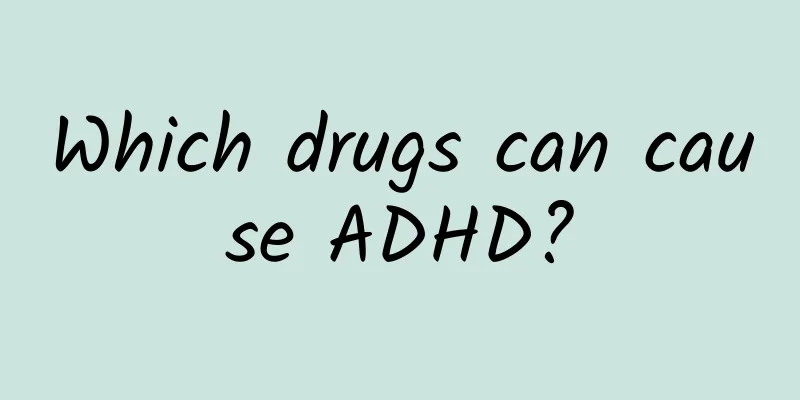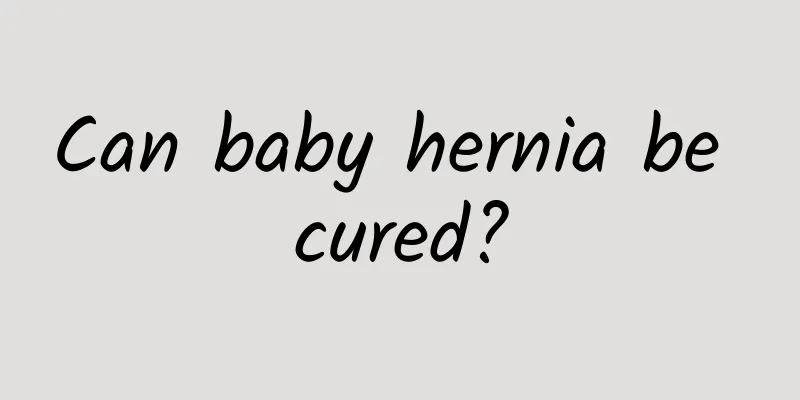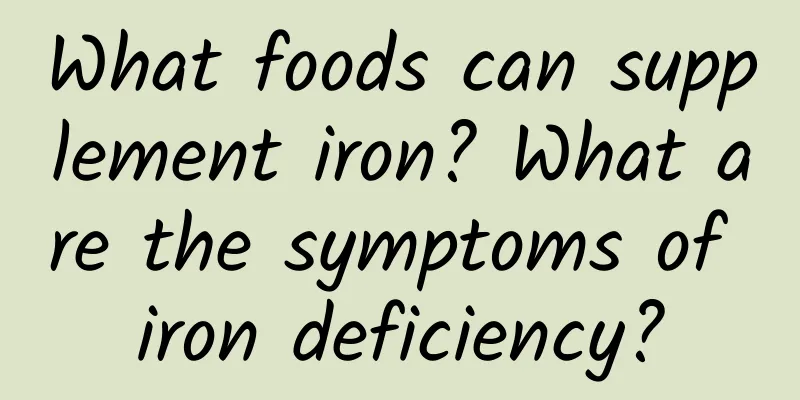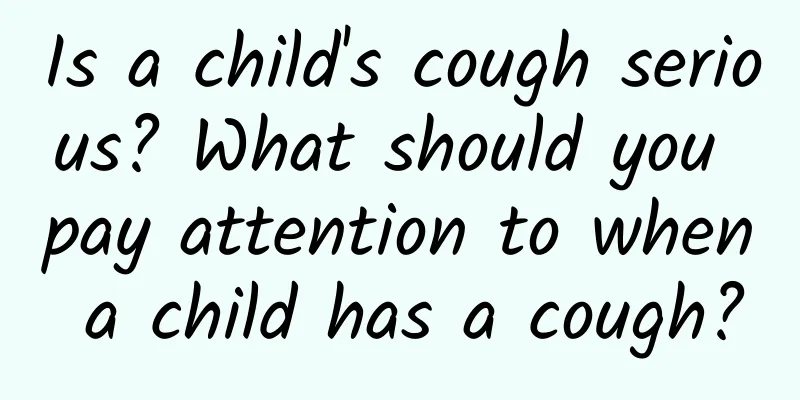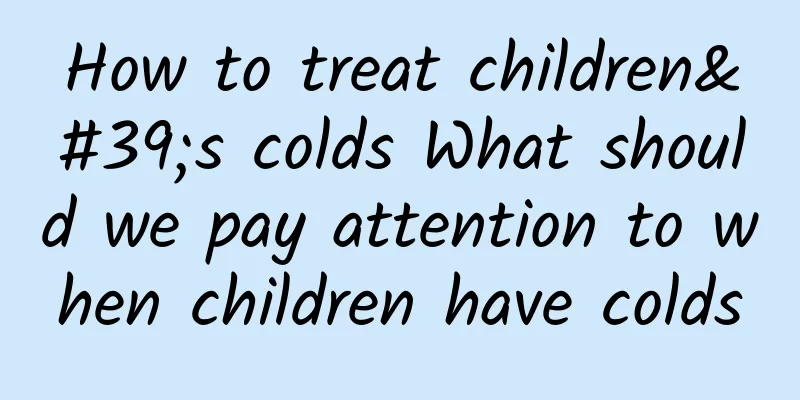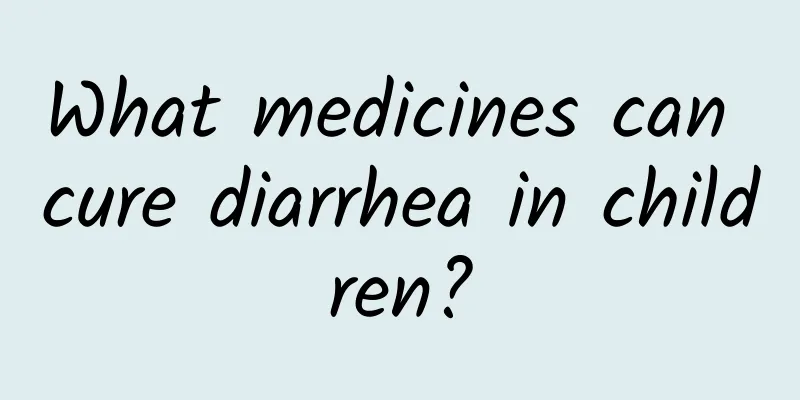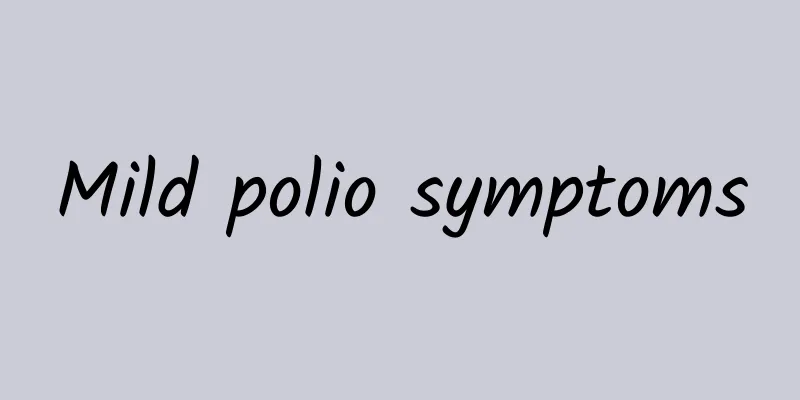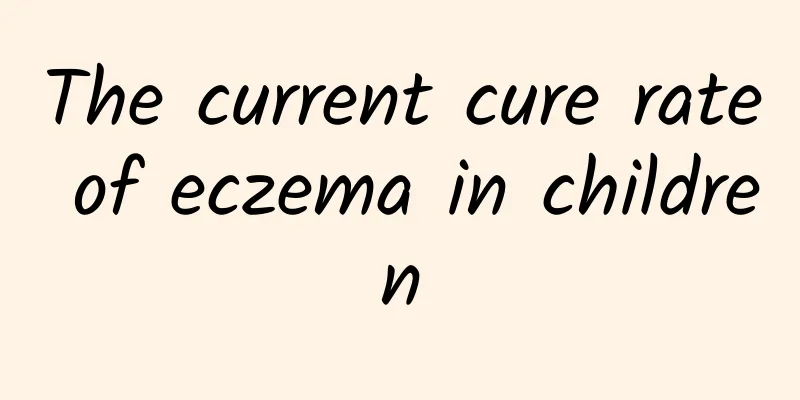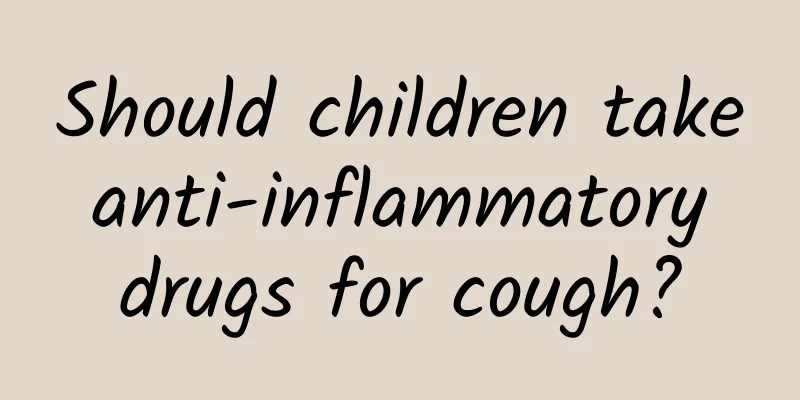What are the symptoms of cough caused by allergic rhinitis in children?
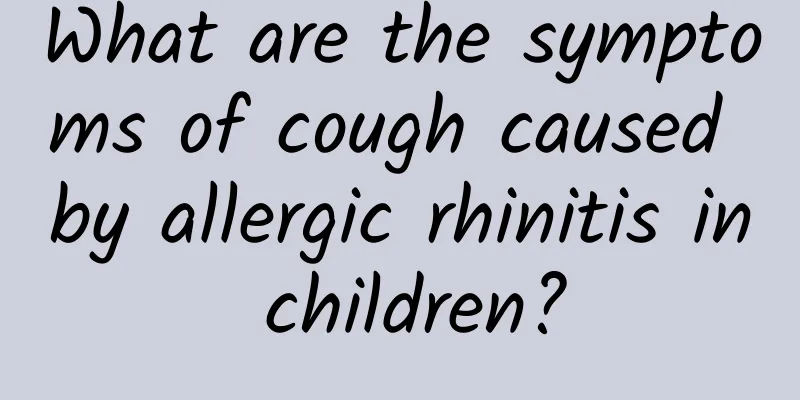
|
When children develop allergic rhinitis, they often experience symptoms such as sneezing and runny nose. If the disease is prolonged or not treated promptly, it may affect other parts of the body, such as the throat mucosa and bronchi, causing cough and other related symptoms. The cough at this time is different from the cough caused by the typical common cold caused by upper respiratory tract infection. It is usually mainly an irritating dry cough, and may also be manifested as a small amount of white foamy sputum. 1. Irritating dry cough: As allergens persist in the nasal cavity, they can repeatedly irritate the nasal mucosa and produce continuous irritating dry coughs. At the same time, long-term exposure to allergens can also induce obvious nasal itching in children, and frequent sneezing can cause nasal congestion, which in turn affects the normal respiratory pathway and causes mouth breathing. If the nasal congestion is more severe, secretions may flow back into the lower respiratory tract, and even cause pneumonia. 2. A small amount of white foamy sputum: Some children with allergic rhinitis also have symptoms such as itchy throat, cough with white foamy sputum, etc., which is usually caused by allergens irritating the throat mucosa tissue and putting it in a high-reaction state. If not actively treated, as the disease progresses and worsens, children may also experience a series of uncomfortable symptoms such as chest tightness, shortness of breath, wheezing, paroxysmal coughing, severe coughing, fever, irritability, fatigue, loss of appetite, etc. When children are diagnosed with the above diseases, parents should take them to the hospital as soon as possible to find out the cause, and then take appropriate treatment according to the doctor's advice. In addition, parents should also pay attention to relevant care in daily life, such as increasing outdoor exercise to strengthen physical fitness, or paying attention to balanced dietary nutrition intake. |
>>: What should I do if my baby has diarrhea? What should I pay attention to if my baby has a cough?
Recommend
What harm does diarrhea in children cause? Revealing the three harms of diarrhea in children
If a child has diarrhea, the impact is relatively...
Why do newborns often suffer from jaundice? The three common causes of neonatal jaundice are revealed
There are three main reasons for the high inciden...
What medicine is good for children with pneumonia
The treatment of pneumonia in children is mainly ...
Causes of high neonatal jaundice
1. There are too many red blood cells in the newb...
What are the symptoms of diarrhea in children?
What causes diarrhea in children is also a concer...
What are the hazards and sequelae of neonatal jaundice
If neonatal jaundice is not treated in time, it m...
What are the symptoms of neonatal hepatic jaundice?
Neonatal hepatic jaundice is caused by abnormal b...
Is hand, foot and mouth disease serious?
Is hand, foot and mouth disease serious? Hand, fo...
Can children with ADHD heal themselves?
Whether ADHD can be cured on its own depends on i...
Is polio contagious to adults?
Polio is mainly transmitted through contact, and ...
What ointment can cure baby's red buttocks quickly? What are the reasons for baby's red buttocks?
There are many reasons for babies to have red but...
Does physiological jaundice require medication? Introducing scientific treatments for physiological jaundice
Neonatal jaundice is a relatively common phenomen...
What are the causes of nutritional metabolic deficiencies? What should we do if nutritional metabolic deficiencies occur?
Protein-energy malnutrition indicates insufficien...
Can I go to school normally if I have mumps?
Can I go to school normally if I have mumps? 1. P...
Can newborns get jaundice if they are breastfed?
Many parents have only heard of "physiologic...

